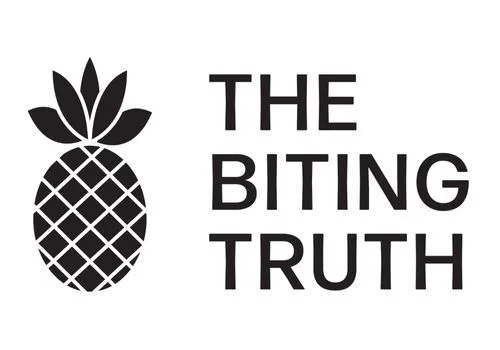
It seems as though every other day there’s a new ‘superfood’ that promises health benefits above and beyond anything that may already be in our pantry. Let’s be honest, there are way too many exotic and pricey superfoods on the supermarket shelves these days! Here at The Biting Truth HQ, we’re all about real, nourishing wholefoods – and that’s why we’ve come up with our 5 top reasons that Eggs get a dietitian’s tick of approval. They’re packed with a nutrient punch and won’t break the bank either. You can ditch the cacao nibs, spirulina powder and goji berries and just focus on the original superfoods.
1. They’re versatile
Eggs make a great base for any breakfast, lunch or dinner and are also delicious on their own as a snack. There really is a smorgasbord when it comes to ways you can have your eggs! Scrambled, poached, fried, baked, boiled or even microwaved, in quiches, frittatas, omelettes, stir frys, salads, sandwiches… the list goes on and on. You can check out our favourite ways to use eggs here:
2. They pack a nutritional punch
Eggs sound like a real-food multi-vitamin, with each one containing vitamins A, D, E and K, folate, B-group vitamins including B12, phosphorous, selenium, biotin, calcium, zinc, copper, iron, manganese, sulphur… they are truly one of the most nutrient dense foods you can get your hands on! They also have omega-3s (the healthy fats) – so they are anti-inflammatory and good for heart health, too. A lot of these nutrients are found in the yolk– so don’t believe the old myths that the yolks aren’t good for you! Eggs also make for the perfect 3 o’clock pick-me-up, as they are naturally low in salt and sugar – much better for you than that processed and packaged snack waiting in your desk drawer!
3. They don’t raise your cholesterol
For quite a while there eggs received a bad rep for raising cholesterol – the nasty stuff that can build up in your veins and arteries and cause heart disease. There’s no need to walk on eggshells though – this old myth has been debunked and evidence suggests up to 6 eggs a week is good for your health. Whilst they do contain some cholesterol, cholesterol in foods have little effect on cholesterol in your blood. That’s because your liver actually makes cholesterol when it needs it, so if you don’t get cholesterol from the food you eat, your body will make what it needs anyway. Saturated and trans fats (the ‘bad’ fats) have a much more potent effect on blood cholesterol levels, and luckily, our beloved eggs contain little amounts of these bad fats!
4. Good for the waistline!
Eggs are a body builder’s staple for an egg-cellent reason – each egg contains 6 grams of protein. Eggs are a complete protein, meaning they contain all of the protein building blocks that our bodies cannot make and so have to come from food. This protein is highly bio-available, which means that our bodies can easily break down and use all of it – which is even more reason that we should include eggs in our diet, especially for vegetarians. Adding a protein source to any meal will help to balance out a traditionally carb-heavy meal, and paired with their healthy fats and low energy content, they’ll help to keep you feeling fuller for longer throughout the day and can help your waistline, too.
5. They support eye health
Eggs contain a variety of antioxidants that support healthy eyes. As well as this, the omega-3 fat DHA is a major component of the retina, so dietary consumption of DHA from eggs is believed to protect from retinal damage. Therefore, as part of an overall healthy diet, including eggs in your diet will help lower your risk of vision impairment and eye-related disorders.
Hopefully the 5 reasons above have convinced you to include more eggs in your diet, and you can see why they are a dietitian’s fridge staple. To celebrate World Egg Day today, we’d love to hear how you make your meals and snacks egg-cellent!
—
This post was co-authored by Melissa Meier who is an intern at The Biting Truth and edited by Monique Heller, who is currently studying her Masters in Nutrition and Dietetics at The University of Sydney.
